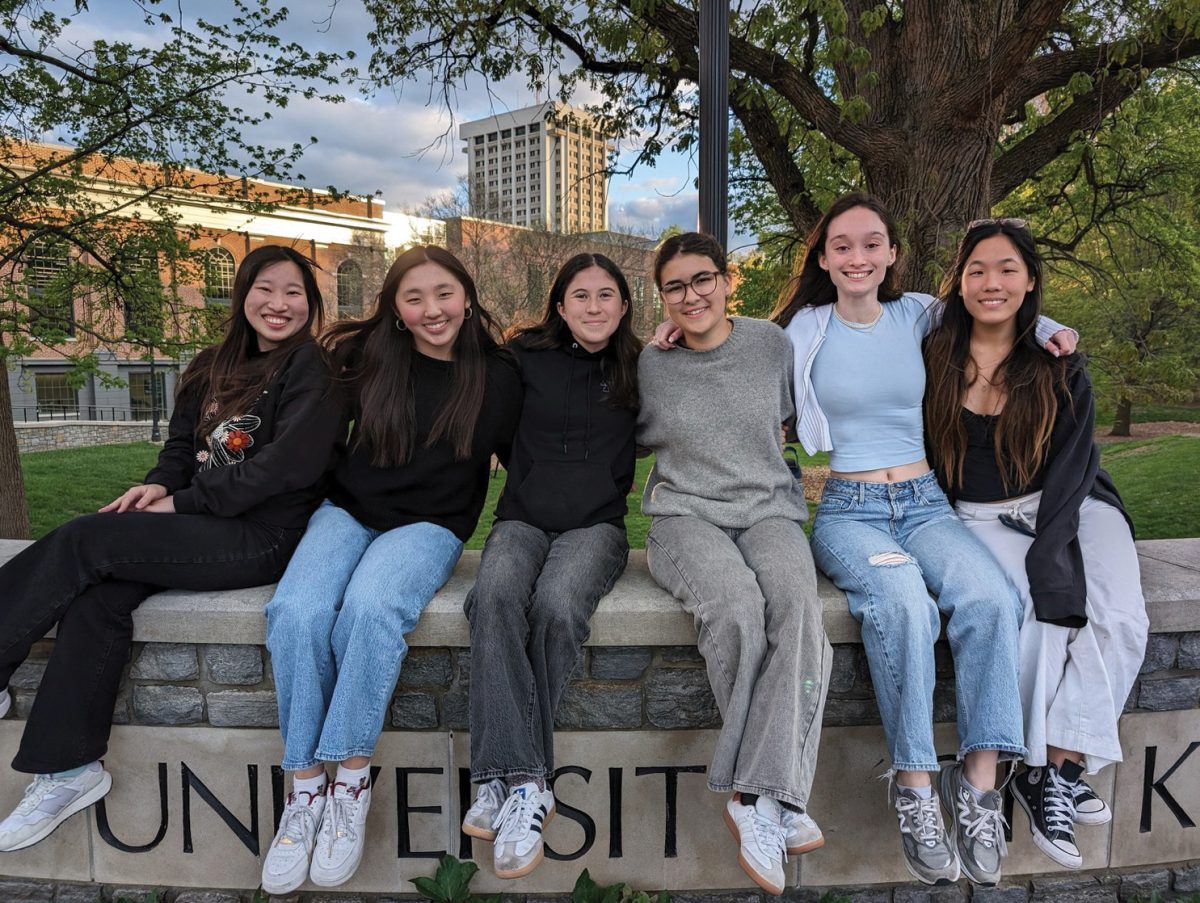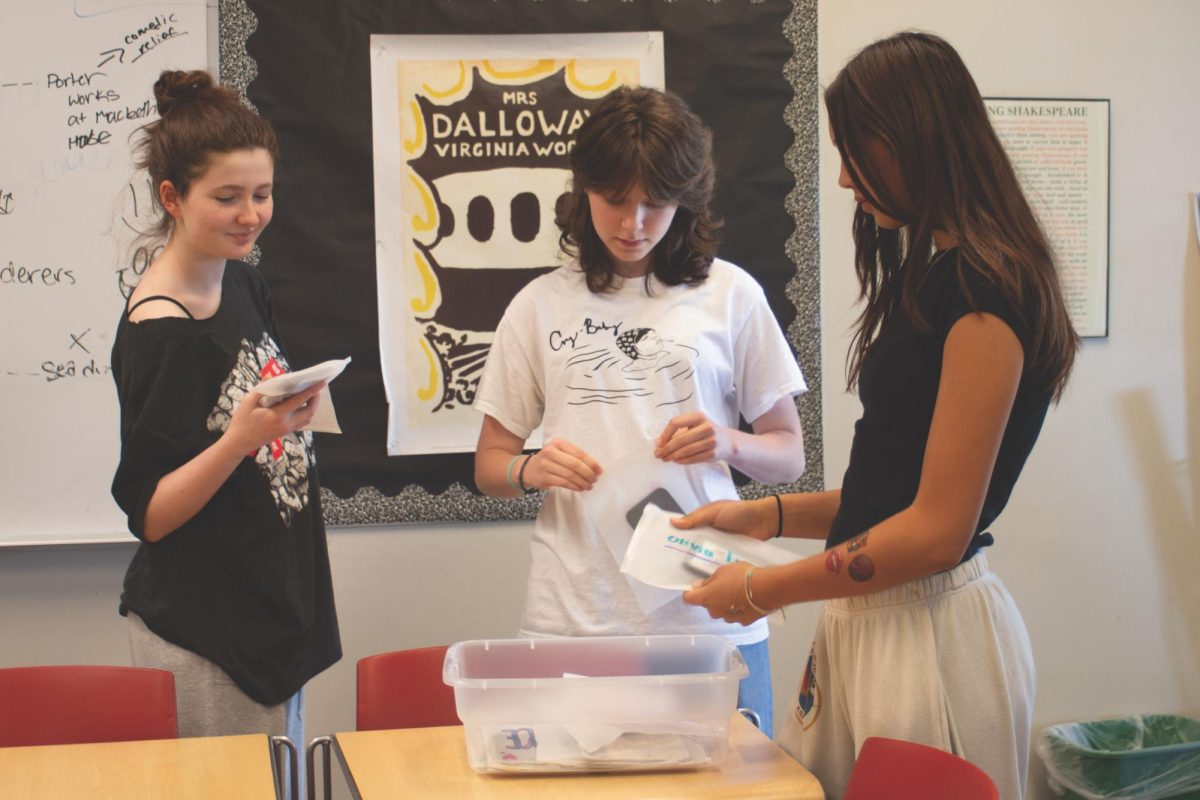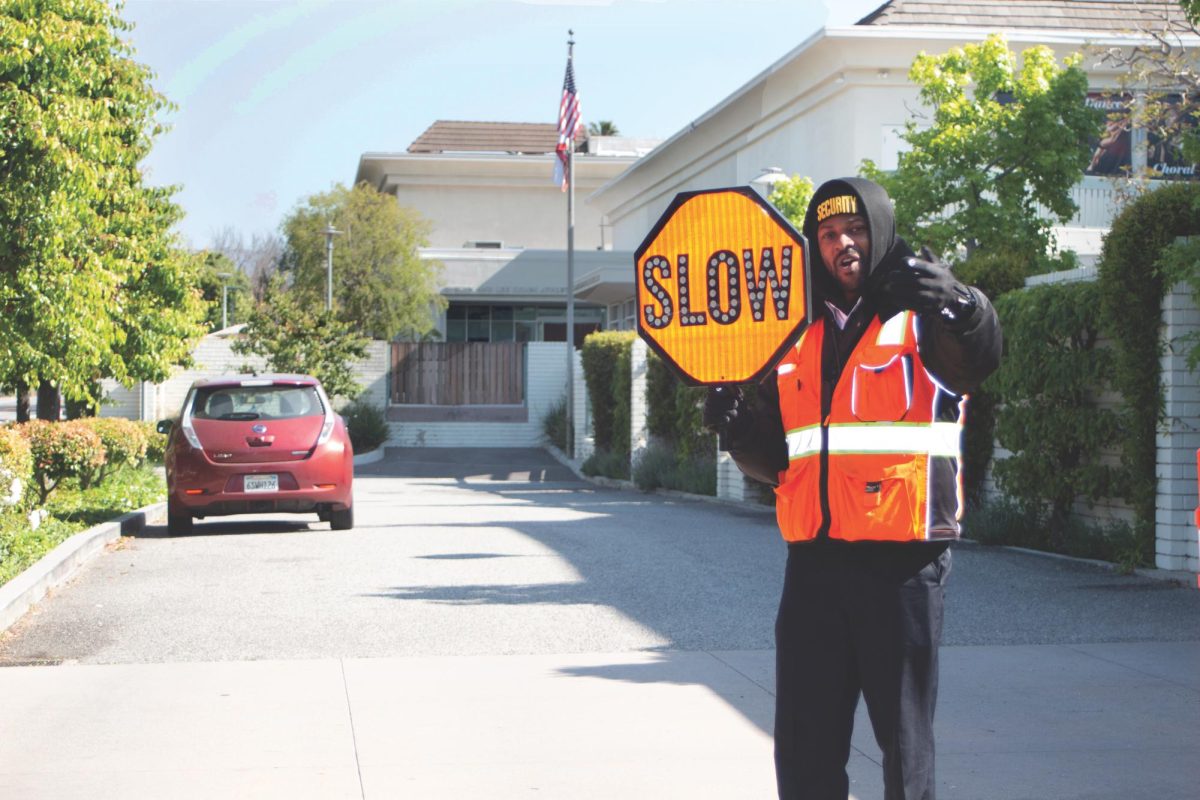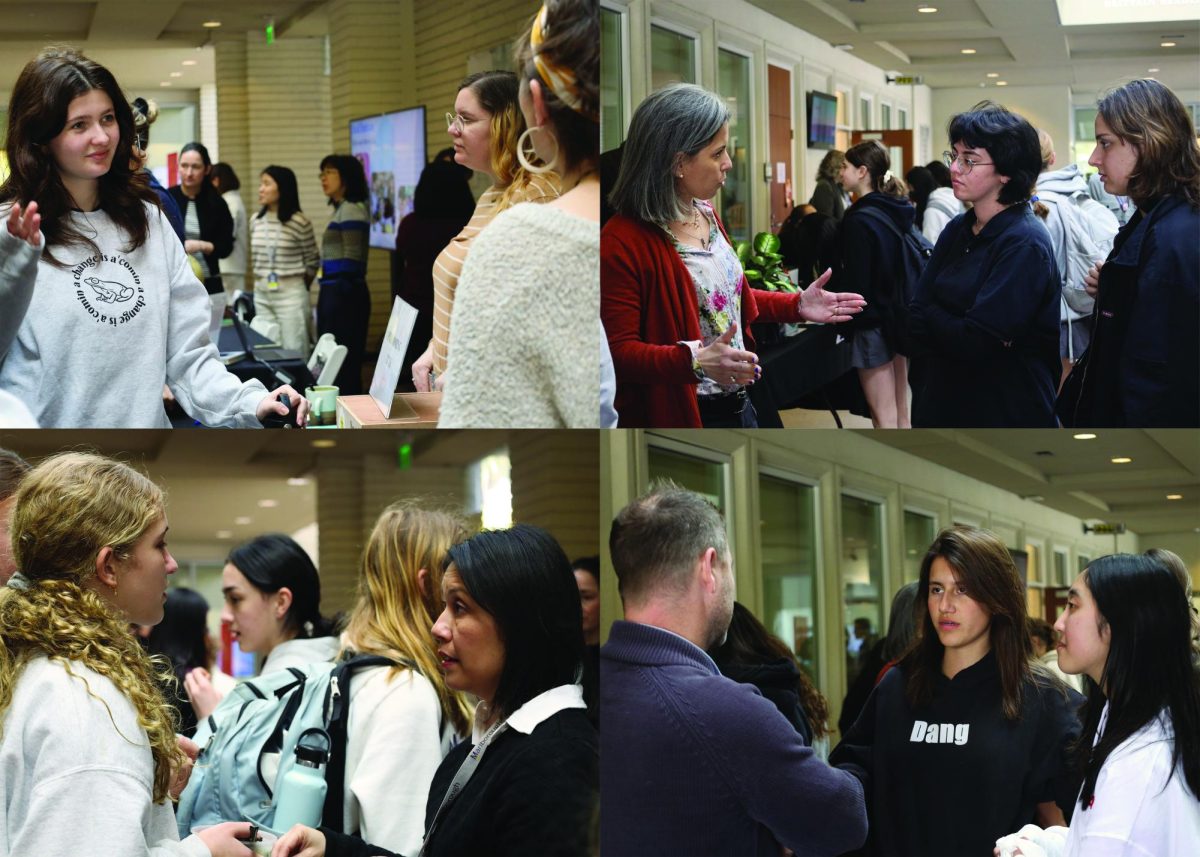On Feb. 5, Dartmouth College announced that it would reinstate the standardized testing requirement for the Class of 2029. Yale University and Brown University were quick to follow, announcing the implementation of mandatory testing requirements on Feb. 22 and March 5 respectively.
Dartmouth, Brown and Yale are three of the 1,900 schools that decided to go test-optional during the pandemic, according to the Fairtest education advocacy group. At the time, logistical difficulties prevented students from taking both the ACT and the SAT, forcing colleges and universities to adopt a more creative approach to testing.
The schools share similar justifications for the reinstatement of standardized testing, claiming that test scores are the single greatest predictor of a student’s future performance in college in comparison to high school grades, letters of recommendation and student essays. According to The New York Times, researchers at Brown and the University of California system have found similar results.
Critics of standardized testing often argue that tests worsen inequalities, as low-income minorities and students of color tend to score lower. Research from Opportunity Insights found that students whose parents are in the wealthiest top 1% are 13 times more likely than low-income students to score above a 1300 on the SAT. This disparity can be explained by a multitude of factors, including inequitable access to test preparation, differences in quality of education and food insecurity.
“I think the influence of tutoring access and learning differences on standardized test success makes it a really questionable metric,” Penelope Pressman ’25 said. “While these tests are promoted as being objective, the limited perspective they offer and the effects of resource access for test prep make me skeptical of their ability to differentiate between students’ abilities.”
However, Dartmouth, Brown and Yale claim that test-optional policies actually harm low-income students by disincentivizing them from submitting test scores that could benefit their applications.
“For students attending high schools with fewer resources, applications without scores can inadvertently leave admissions officers with scant evidence of their readiness for Yale,” Dean of Yale Undergraduate Admissions Jeremiah Quinlan said in an interview with YaleNews. “When students attending these high schools include a score with their application — even a score below Yale’s median range — they give the committee greater confidence that they are likely to achieve academic success in college.”
Similarly, some advocates of standardized testing argue that other parts of the admissions process are even more biased in favor of affluent students. At private schools like Marlborough, some students have the advantage to partake in expensive extracurriculars and receive polished letters of recommendations and in-depth feedback on their college essays.
Ultimately, the question of whether or not standardized testing hurts or helps low-income students and students of color remains controversial. Some worry that new testing requirements will deter promising students from applying to prestigious colleges and universities.
“Any time there is a policy shift, there could be changes in who applies,” Dean of College Counseling Monica DePriest said. “However, it remains to be seen who those individuals will be.”
For the Class of 2025, DePriest emphasized that students should remain vigilant about changes in testing policies from their schools of interest, especially before the Common Application goes live on Aug. 1.
“The landscape right now of college admissions is rapidly changing, so stay abreast of changes and stay engaged in conversation with college counselors because we’re trying to provide the support that we can,” DePriest said. “Don’t make any decisions in a vacuum.”











